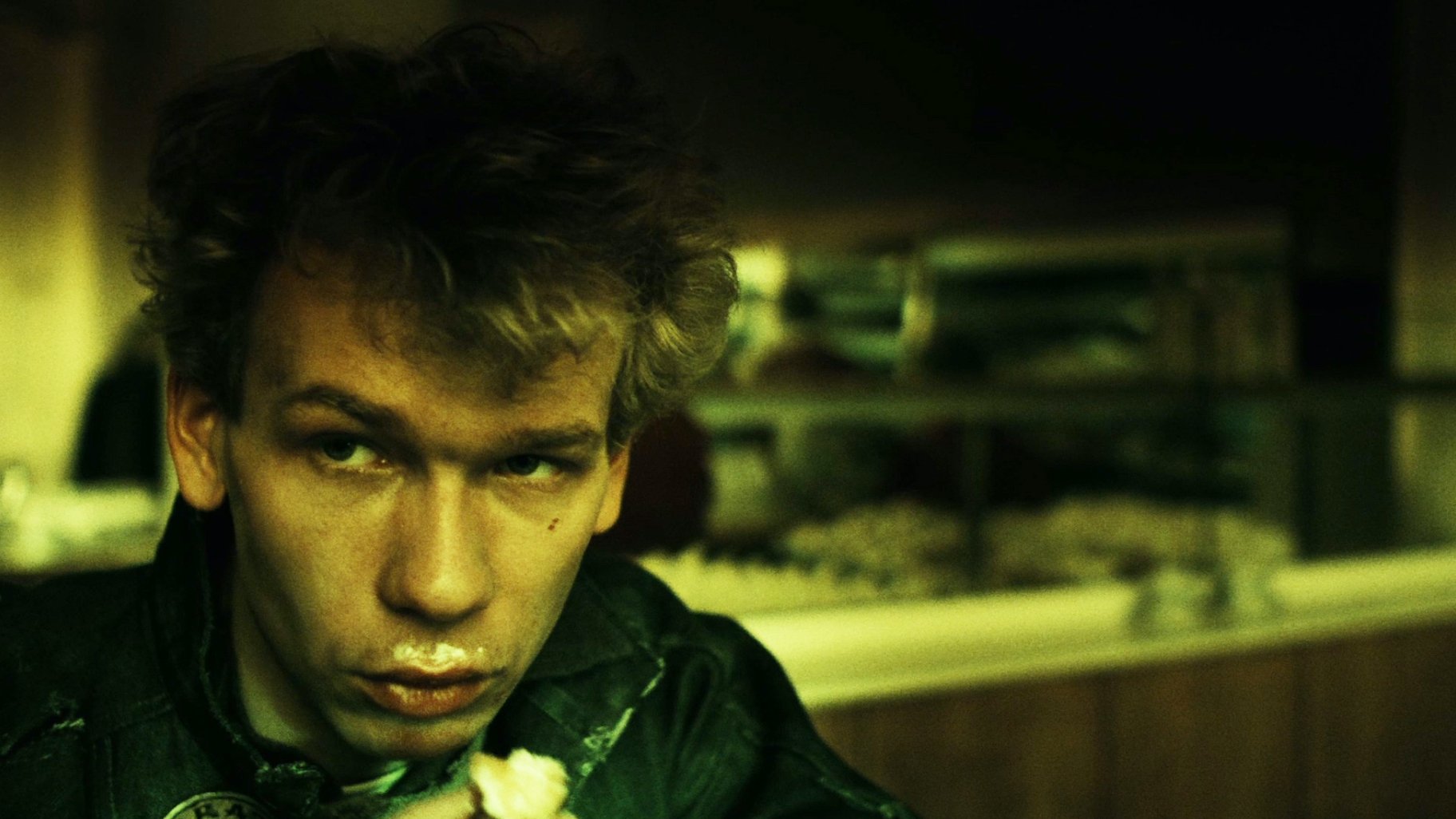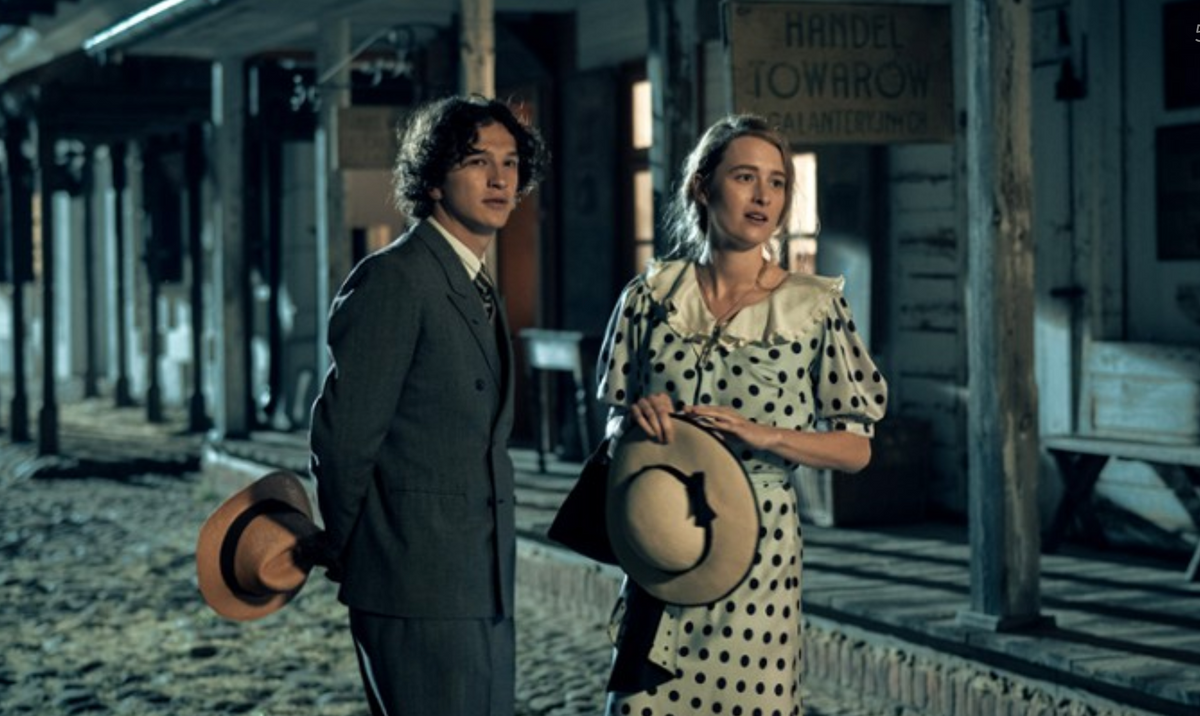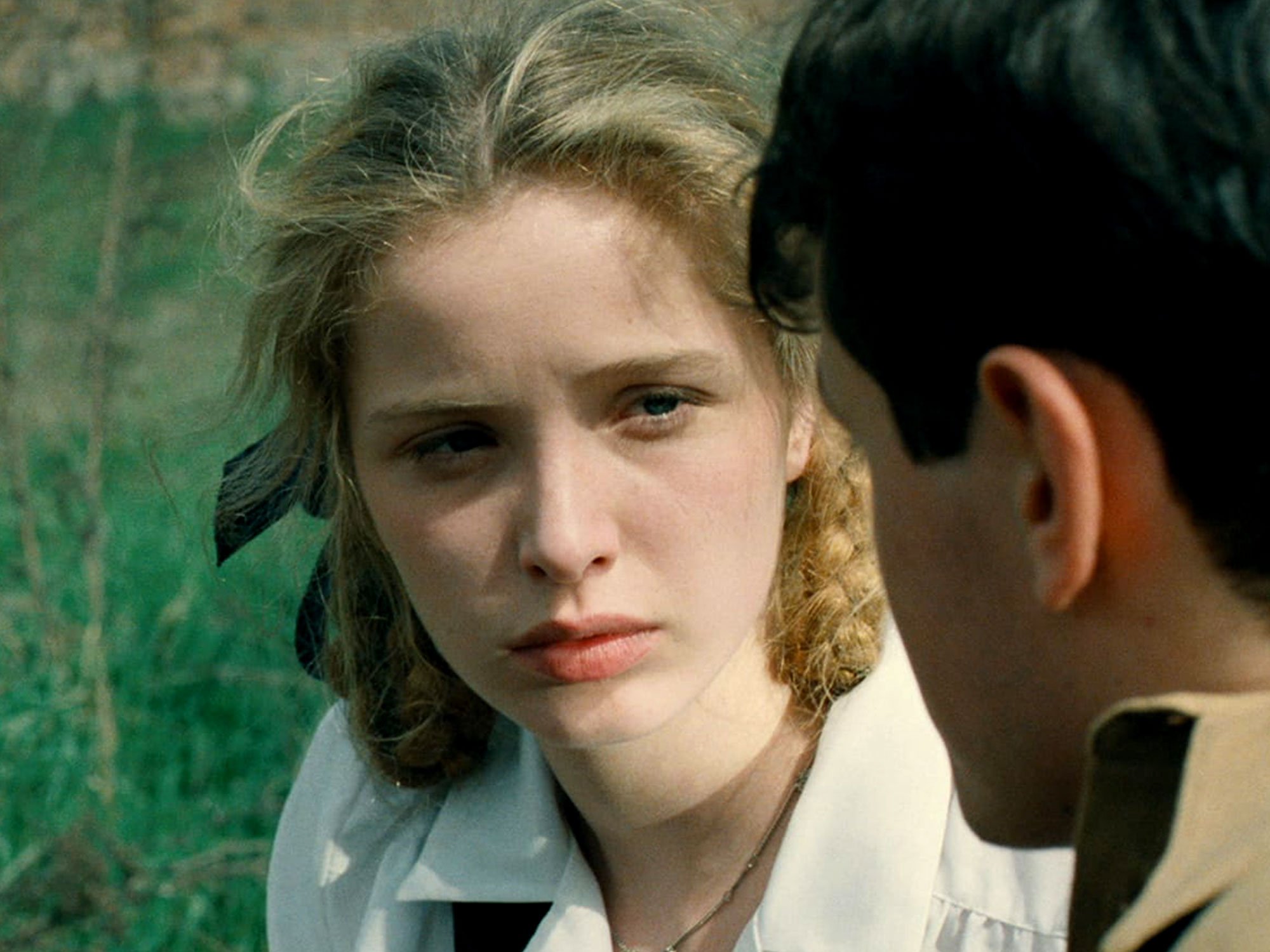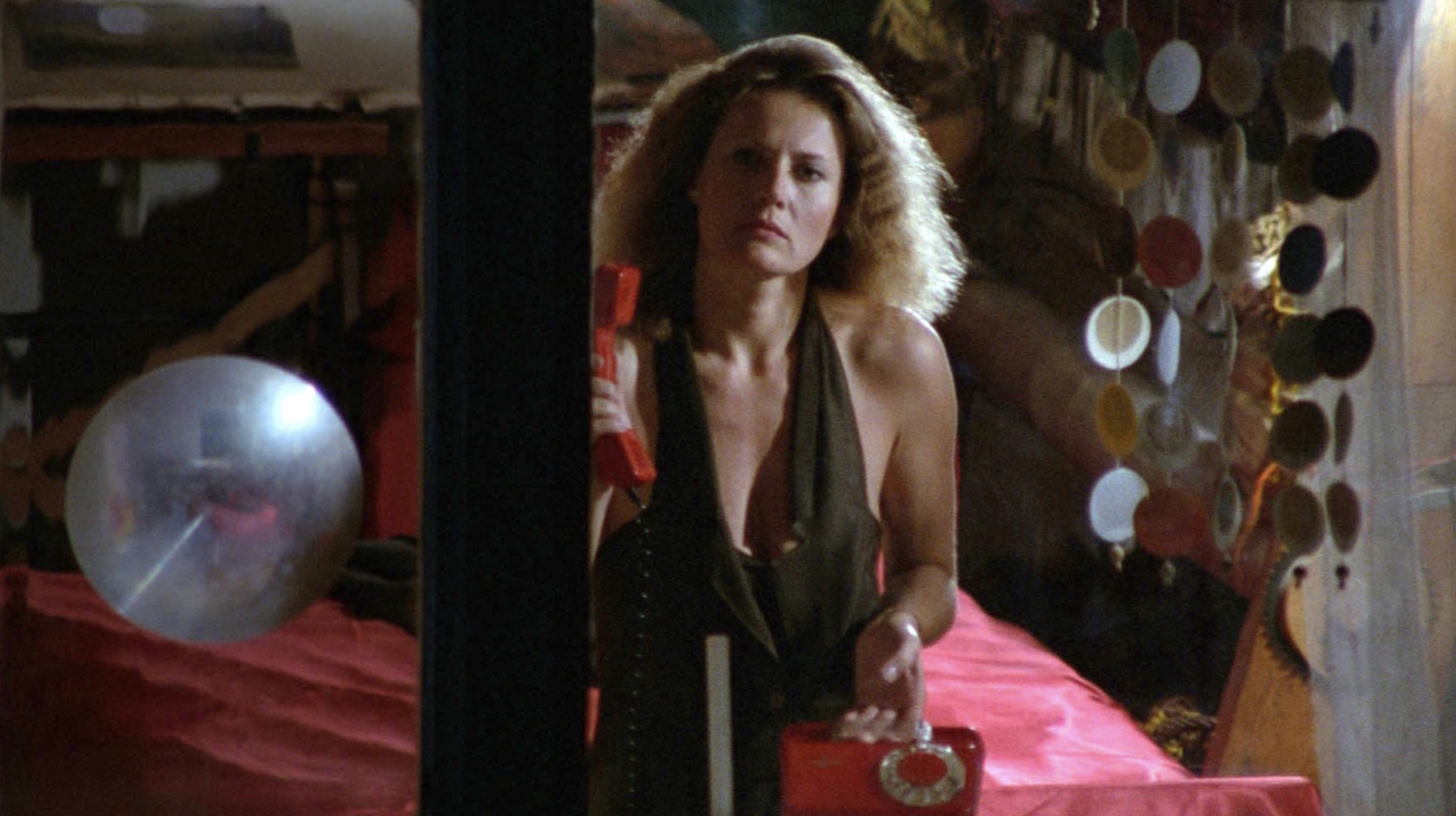Even before any blood is inevitably shed during A Short Film About Killing (which serves as the expansion of another episode from director Krzysztof Kieślowski's Dekalog miniseries, alongside A Short Film About Love), there's something positively oppressive and sinister even just in the way the movie is shot. Kieślowski and cinematographer Witold Adamek use color filters to make the film deliberately ugly—as if the image is degrading right in front of us. Oftentimes shadows obscure the edges of the frame, shining a sickly yellow spotlight on the characters on screen. It's the perfect way to get right into the heads of these people existing in a lawless land driven by primal instinct.
When crime and punishment finally occur, they're equally difficult to watch unfold, but in different ways. Kieślowski lingers on the details—the tools and processes that we tell ourselves will make the act of killing easier. And what he's ultimately able to expose is how capital punishment has been made to seem humane, just, or necessary, when it's often even more barbaric, cruel, and unproductive than a crime borne of desperation. The very government that does nothing to address the roots of crime is the same one most eager to kill criminals instead.
Genre: Crime, Drama
Actor: Aleksander Bednarz, Andrzej Gawroński, Artur Barciś, Barbara Dziekan, Elżbieta Helman, Henryk Guzek, Iwona Głębicka, Jan Tesarz, Jerzy Zass, Krystyna Janda, Krzysztof Globisz, Leonard Andrzejewski, Małgorzata Pieczyńska, Mirosław Baka, Olgierd Łukaszewicz, Władysław Byrdy, Zbigniew Borek, Zbigniew Zapasiewicz, Zdzisław Rychter, Zdzisław Tobiasz
Director: Krzysztof Kieślowski




